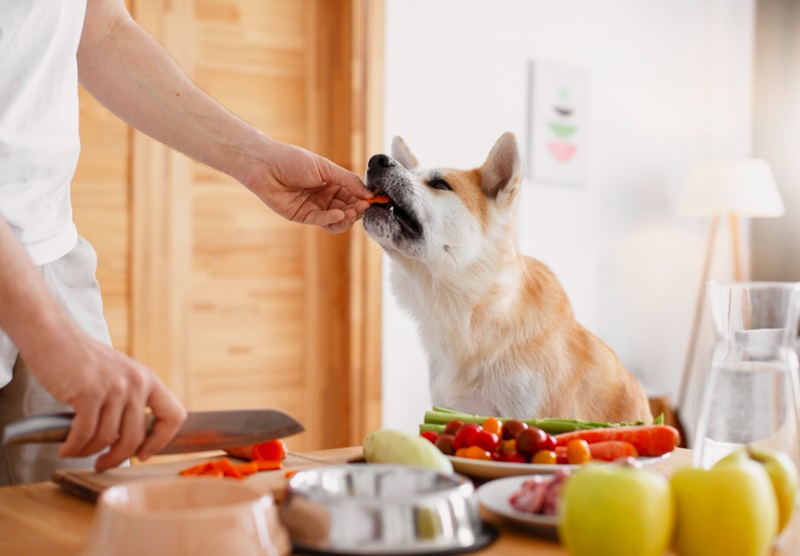Ensuring your pet stays healthy requires a proactive approach. From diet to exercise, many factors contribute to their well-being. Here are ten actionable tips to keep your furry friend in tip-top shape.
1. Balanced Diet
Feed your pet a nutritious diet tailored to their species, age, and size. Consult your veterinarian to choose the right food and avoid overfeeding to prevent obesity. Include fresh fruits and vegetables (if safe for your pet) to add vitamins and minerals.
2. Regular Exercise
Exercise is crucial for physical and mental health. Dogs need daily walks and playtime, while cats benefit from interactive toys and climbing structures. Lack of exercise can lead to obesity and behavioral issues, so ensure your pet stays active.
3. Hydration
Ensure fresh water is always available. Dehydration can lead to serious health issues, especially in hot climates. If your pet is reluctant to drink, consider adding water to their food or using a pet fountain to encourage hydration.
4. Routine Veterinary Checkups
Schedule annual vet visits for vaccinations, health screenings, and preventive care. Early detection of health issues can make treatment more effective. Senior pets may require more frequent checkups to monitor age-related conditions.
5. Parasite Control
Protect your pet from fleas, ticks, and worms with preventive medications. Regularly check their coat and skin for signs of infestation. Parasites can cause discomfort and transmit diseases, so maintaining prevention is essential.
6. Grooming
Regular grooming keeps your pet’s coat clean and healthy. Don’t forget to trim nails, clean ears, and brush their teeth. Grooming also allows you to check for lumps, cuts, or other health concerns.
7. Mental Stimulation
Engage your pet with puzzles, toys, and training sessions. Mental exercise is just as important as physical activity. Rotate toys frequently to keep their interest and provide enrichment through games like hide-and-seek.
8. Safe Environment
Pet-proof your home to eliminate hazards. Secure toxic plants, chemicals, and small objects that could be swallowed. Provide a comfortable space for your pet to relax and feel safe.
9. Socialization
Expose your pet to different environments, people, and other animals to build confidence and reduce anxiety. Socialization is especially important for puppies and kittens during their developmental stages.
10. Emergency Preparedness
Prepare for emergencies with a pet first-aid kit and a plan for natural disasters. Microchipping your pet ensures they can be identified if lost. Keep their medical records and vaccination history easily accessible.
By following these tips, you’ll not only enhance your pet’s quality of life but also create a stronger bond with them. A healthy pet is a happy pet, and your efforts will be rewarded with their unwavering companionship.



